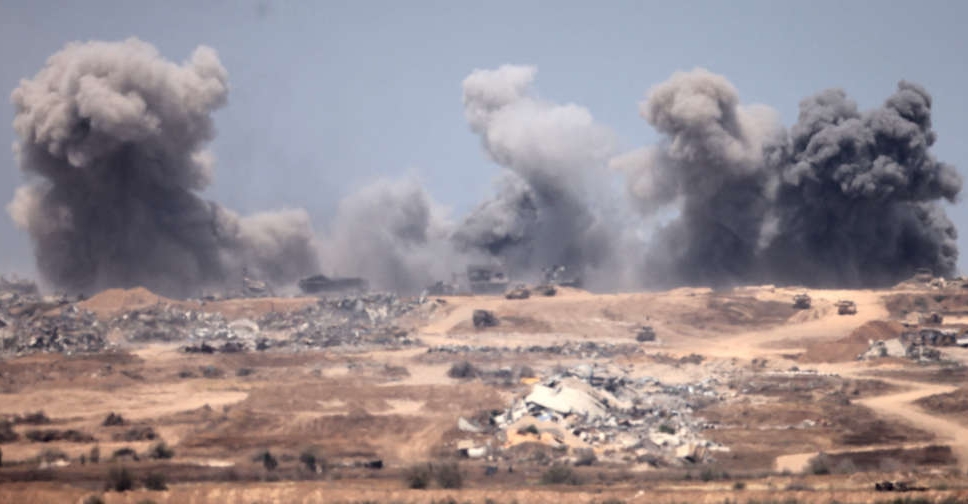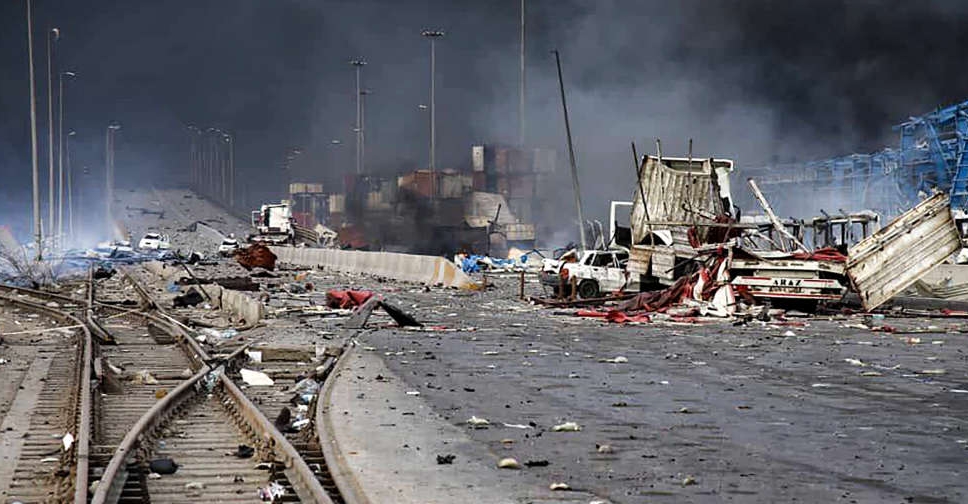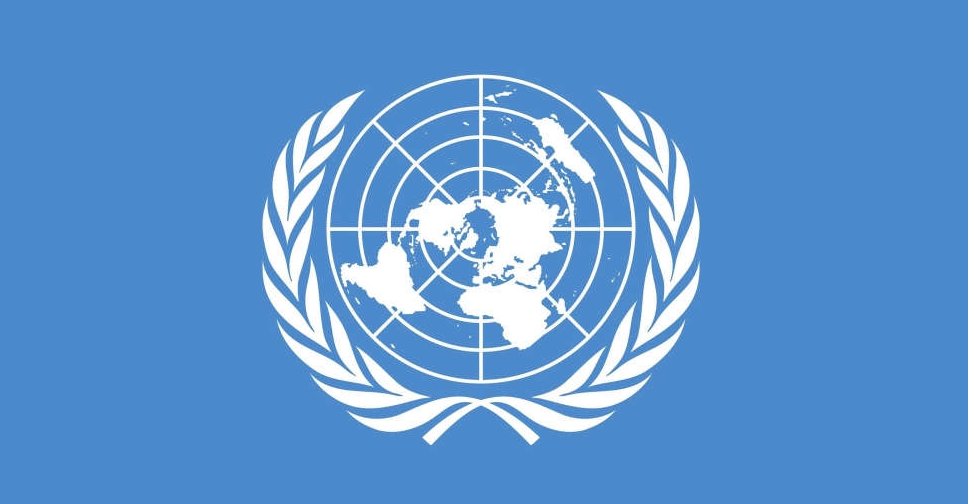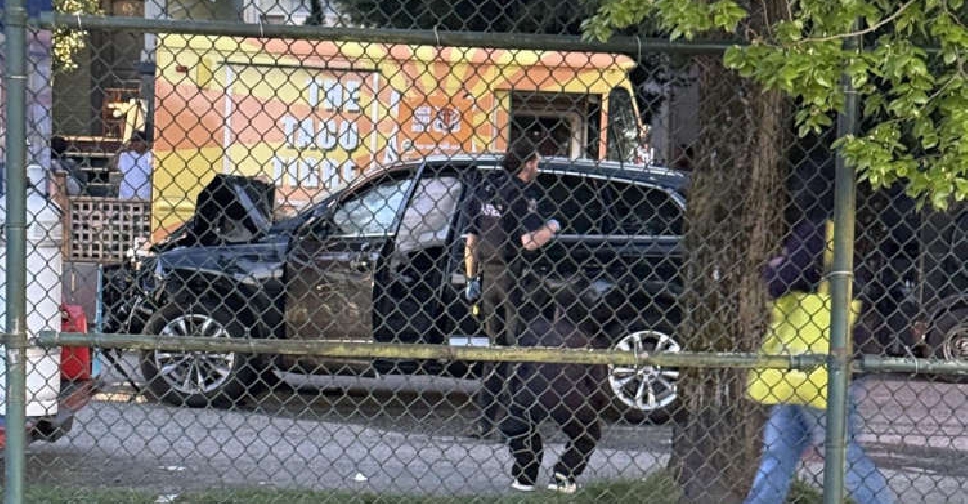
Palestinian officials said an Israeli airstrike in southern Gaza Strip killed more than two dozen people while advancing tanks in Gaza City forced residents to flee under fire as Israel on Tuesday stepped up an offensive that Hamas warned could jeopardise ceasefire talks.
The airstrike hit the tents of displaced families outside a school in the town of Abassan east of Khan Younis in southern Gaza, killing at least 29, most of them were women and children, Palestinian medical officials said.
The Israeli military said it was reviewing reports that civilians were harmed. It said the incident occurred when it struck with "precise munition" a Hamas fighter who took part in the October 7 raid on Israel that precipitated the Israeli assault on Gaza.
Ismail Al-Thawabta, director of the Hamas-run Gaza government media office, said Israeli strikes on central Gaza areas killed 60 Palestinians and wounded dozens of others on Tuesday.
Residents said Israeli tanks that pushed into the Tel Al-Hawa, Shejaia and Sabra neighborhoods of Gaza City shelled roads and buildings, forcing them to flee their homes. This was followed by Israeli military orders to evacuate several districts in eastern and western Gaza City posted on social media, which included these neighbourhoods.
"We hold the occupation and the US administration responsible for the horrifying massacres against civilians," said Thawabta in a statement.
The Palestinian Red Crescent said early on Wednesday on Facebook that its crews received dozens of humanitarian distress calls from Gaza City but were unable to help due to the intensity of the bombing there.
On Gaza City's front lines, Hamas said their fighters battled Israeli forces with machine guns, mortar fire and anti-tank missiles and killed and wounded Israeli soldiers.
Israel's military did not comment on casualties but said its soldiers were engaged in close-quarter combat, had taken more than 150 fighters out of action in the last week and destroyed booby-trapped buildings and explosives.
The latest fighting has unfolded as senior US officials were in the region to push for a ceasefire after Hamas made concessions last week, but Israel's renewed campaign threatened talks at a crucial time and could bring negotiations "back to square one", Hamas quoted leader Ismail Haniyeh as saying.



 Qatari PM: Ceasefire talks on Gaza show signs of progress
Qatari PM: Ceasefire talks on Gaza show signs of progress
 More than 700 injured in Iran's explosion
More than 700 injured in Iran's explosion
 UN warns funding cuts threaten vital aid
UN warns funding cuts threaten vital aid
 Multiple dead in Vancouver after vehicle plows into street festival
Multiple dead in Vancouver after vehicle plows into street festival


